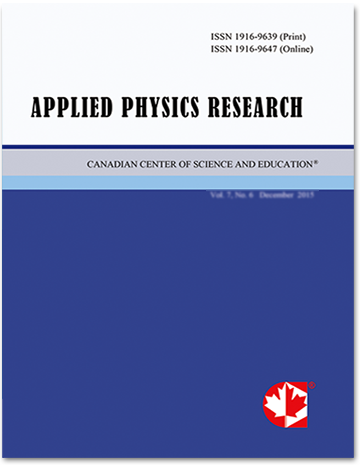The Measurement of Thickness and Velocity of Our Galaxy
- Jihao Yu
Abstract
Many of the ancient astronomers have emerged and made great progress in the measuring the scale and motion of our galaxy. With rapidly developed technology, we have a more ambitious goal for putting our eyesight out of the Earth. The radius of our galaxy can be easily detected via the observation of Doppler effect. The motion of our galaxy, and the thickness of the galactic plan, however, would be relatively difficult, either because what we want to know is not stable, or because no direct evidence helps. Now with the help of radio astronomy, the most efficient tool on astronomical measuring, we are able to find out how thick our galaxy really is.
Here this paper includes the method of measuring the thickness of our galaxy via the using of radio astronomy and the Doppler effect. The whole measuring is based on an 18-meter telescope which receives only radio waves with its wavelength as 21cm. 21cm is the wavelength of the radiation released while interaction between the nuclei and the electron occurs. The signal is very useful for detecting matter in space. Since diffraction is unavoidable when receiving signals on the big disk, we used the measuring of FWHM (Full width at Half Maximum) to find out the real width of the signal in the thickness measurement part when the signal is supposed to be uniformly distributed in a special range, which indicates our galactic thickness. Although we have given out a relatively precise answer at the end, unknown factors, such as the idea of precise border of our galaxy, still has a great impact on it that we could not solve. So the result, especially the thickness measuring, provides a method to measure the structure and scale of our galaxy via radio astronomy generally.
- Full Text:
 PDF
PDF
- DOI:10.5539/apr.v12n3p33
Journal Metrics
Google-based Impact Factor (2017): 3.90
h-index (November 2017): 17
i10-index (November 2017): 33
h5-index (November 2017): 12
h5-median (November 2017): 19
Index
- Bibliography and Index of Geology
- Civil Engineering Abstracts
- CNKI Scholar
- CrossRef
- EBSCOhost
- Excellence in Research for Australia (ERA)
- Google Scholar
- Infotrieve
- LOCKSS
- NewJour
- Open J-Gate
- PKP Open Archives Harvester
- SHERPA/RoMEO
- Standard Periodical Directory
- Ulrich's
- Universe Digital Library
- WorldCat
Contact
- William ChenEditorial Assistant
- apr@ccsenet.org
